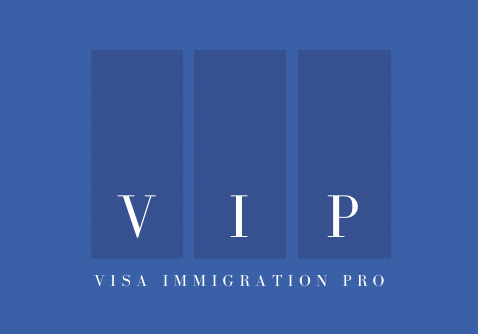Entrepreneurs looking to establish or grow their business in the U.S. have several visa options to consider. Here’s a breakdown of pathways available and how you can navigate different work visa options as an entrepreneur:
1. E-2 Treaty Investor Visa
Ideal for entrepreneurs from countries with a treaty of commerce with the U.S. This visa requires a substantial investment in a U.S. business.
- Eligibility: Must own at least 50% of the business and actively manage it.
- Advantages: Renewable and allows family members to join.
2. EB-5 Immigrant Investor Program
For those who can invest $800,000 to $1,050,000 in a U.S. enterprise and create at least 10 full-time jobs for U.S. workers.
- Eligibility: Demonstrate the legal source of funds.
- Advantages: Provides a direct path to a green card.
3. O-1 Visa for Individuals with Extraordinary Ability
If you’ve achieved exceptional recognition in your field, the O-1 visa might be an option.
- Eligibility: Evidence of sustained acclaim and recognition.
- Advantages: No investment requirement; focuses on personal achievements.
4. H-1B Visa for Startups
Entrepreneurs can use the H-1B visa if their startup can employ them and prove employer-employee relationships.
- Eligibility: Meet specialty occupation requirements.
- Advantages: Familiar pathway for professionals.
5. International Entrepreneur Parole (IEP)
A newer option for startup founders who meet specific funding and growth criteria.
- Eligibility: Significant ownership and active role in the startup.
- Advantages: Provides temporary residence to grow the business.
Choosing the Right Path
Consult with our immigration attorneys to evaluate your goals, funding, and business plan. Each visa has unique requirements and benefits that align with different entrepreneurial journeys.
By selecting the right visa option and building a strong application, you can bring your entrepreneurial vision to life in the U.S.


